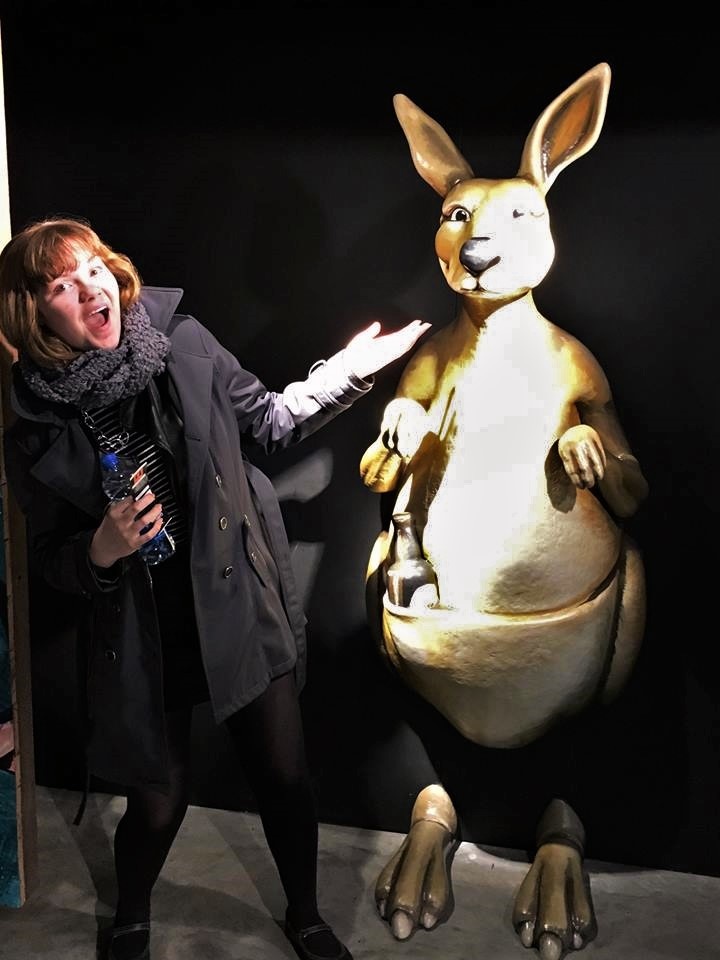Since returning home from my study abroad experience in Edinburgh, Scotland people have frequently asked me the same few surface level questions. What was it like? Did I have a good time? Am I glad to be home? It was good, I had a blast, and yes it’s nice to be back in the US. But people rarely ask me about the difficulties of studying abroad, and even more seldom ask how the experience changed me.

As a Hispanic woman with very fair skin I hadn’t expected to face many adversities because of my heritage. However, I quickly learned just how homogenous the Scottish population is, and how the country lacked ethnic and racial diversity. With the refugee crisis sparking consistent protests throughout Scotland and the other countries I visited, I noticed that many people who didn’t fit the conventional, accepted “Scottish” or “English” archetype were often treated with a wariness that I didn’t face because of my light skin and features. Scotland is not a particularly racially or ethnically diverse country. A few Scottish friends of mine had never had guacamole before I introduced it to them, and many English friends of mine had only experienced burritos through a Taco Bell in London. There seemed to be a certain degree of isolation from diversity in Edinburgh, at least in many of my interactions. Despite the fact that my peers had generally traveled farther and further than I had because of their proximity to other countries, my peers were still all generally of the same Scottish/English background and occasionally adverse to those who didn’t come from a similar kin.
This realization that the country I was studying in was composed primarily of a mass of people aligning with a certain paradigm of heritage actually led me to feel more connected with my own identity. Because I don’t outwardly look conventionally Hispanic, I felt that aspect of me was less visible, not just because I wasn’t making Peruvian tapas with my mother or wearing loud colorful clothing the way my family does, but because it was often assumed that I was English or Scottish like the majority. This thrust me into a deeper understanding of how I connect with my own heritage and helped me understand that my ability or inability to APPEAR diverse doesn’t influence my actual diversity. I am connected to my Hispanic heritage despite my pale skin, and I am connected to it even if I cannot immediately interact with it in the same way I may at home. I feel fortunate to not have had to endure much of the racism that occurs in countries with a large singular ethnic populous, but I feel that I’ve become more open about my own diversity because of that fact itself.
My study abroad experience and my travels made me feel more confident, but also more humble. I learned to find home in myself rather than in a location and I learned to absorb every aspect of the cultures I witnessed from the countries I visited. Most importantly, I made a point to keep in mind that much of a culture is hidden to tourists, and, like my own heritage, cultural minutia can often be buried under the guise of the uniformity of a nation. My experience abroad helped me connect more deeply with my travels, and those travels helped ground me in my own understanding of diversity.
I wish all of you safe travels, I know they will be enriching beyond your imagination,
Elise Kerns
Learn more about the Study Abroad Diversity Ambassador Scholarship.